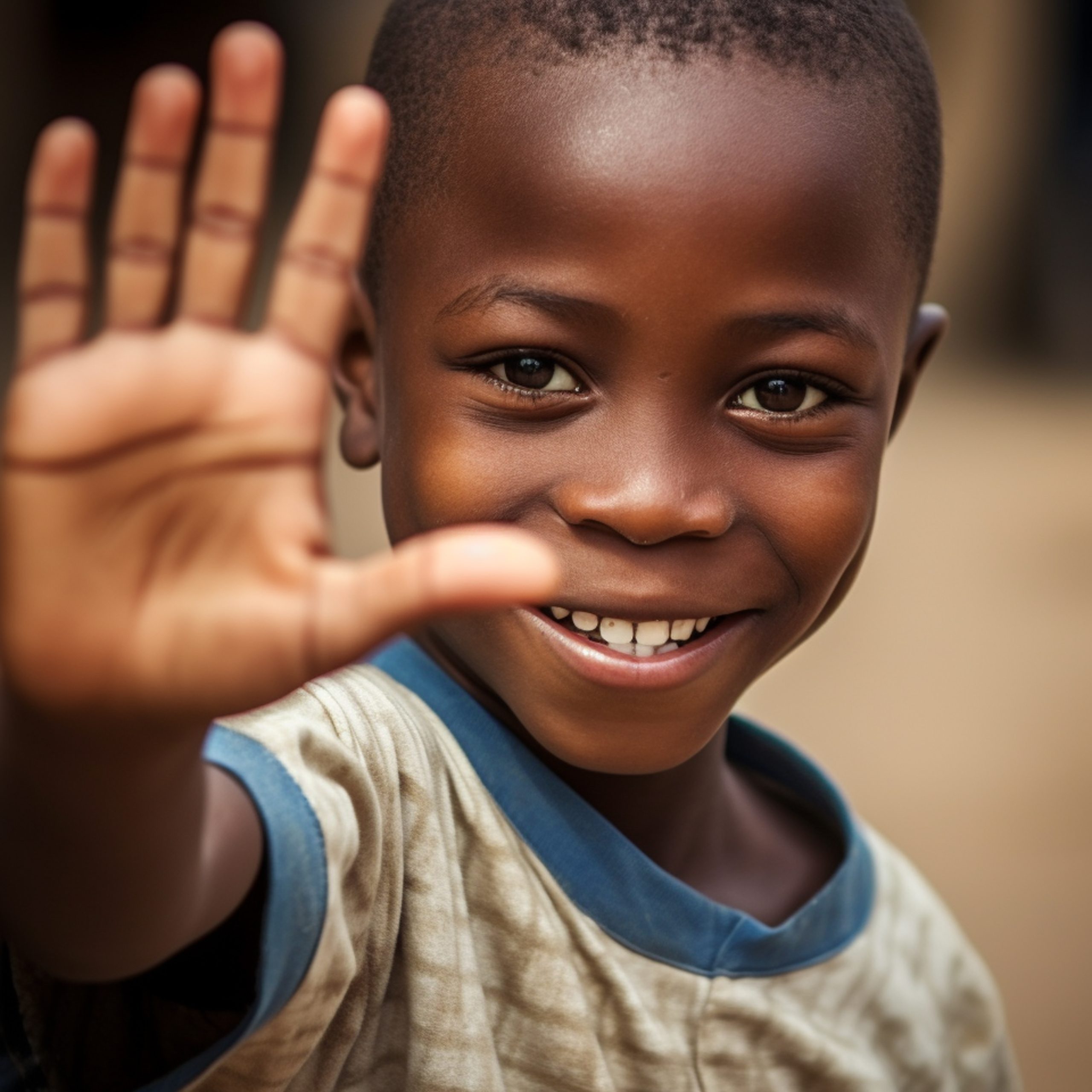SOCIAL FRACTURES AND PERSONAL DISTRESS : ANALYSIS OF MALE SUICIDE IN DRC
By MKAKATI updated on January 15, 2024
The phenomenon of suicide represents a sensitive and universal issue, affecting global communities, including within the Democratic Republic of Congo (DRC). Once enveloped in silence and neglected by the public and media, the topic has gained international recognition following the tragic death of actor Robin Williams in 2014. This event brought to light the often-ignored reality that even individuals who appear joyful may suffer from profound distress, a reality that particularly affects men. The urgency of detecting these sufferings and breaking the silence around male mental health became evident, leading to a transformation in media approaches with more empathetic and understanding coverage of suicide, as well as better care for individuals grappling with suicidal thoughts and those who have survived suicide attempts.
In an era where mental health and emotional well-being are making their way to the forefront of the social scene, it is essential to examine the repercussions of suicide among the male population in the Democratic Republic of Congo (DRC). Indeed, the World Health Organization has highlighted a worrying finding: Africa has the highest suicide rate on the planet. With a global average suicide rate of 9 per 100,000 inhabitants, the African continent exceeds this average with a figure of 11 suicides per 100,000 people. Given such alarming statistics on an African scale, it is imperative to question the perception and real impact of suicide in the DRC.

The Hidden Pain: Demystifying Suicide among Congolese Men
In 2014, Kenyan satirist Ted Malanda stated that he could understand suicide for reasons such as heartbreak, unemployment, witchcraft, or a family scandal, but not for depression, which he did not consider as a plausible cause for an African. This opinion reflects a trend in attitudes across Africa and in the DRC, although it is not universal.
The understanding that Congolese have of mental health and suicide remains ambiguous, resulting from a lack of knowledge and the influence of traditional beliefs that prevent us from recognizing signs of distress, particularly among men. Statistics related to suicide in the Democratic Republic of Congo (DRC), especially among men, are insufficient. Due to unreliable data, it is complex to measure the extent of the problem.
Men, often seen as unshakable pillars, burdened with the world’s woes, are supposed to endure without complaint. When they falter, they are viewed as weak or dishonored. In the DRC, an individual who commits suicide is sometimes buried without honor; in some regions, his body may even be whipped as posthumous punishment. Within such an inflexible culture, it is almost impossible to provide adequate support to those in distress and recognize that traditional expectations of masculinity, such as the duty to protect one’s family, provide financially, and conceal emotional suffering, can generate considerable emotional burden and lead to desperate acts.
This psychological pressure, aggravated by difficult conditions such as armed conflicts, poverty, unemployment, and the stigma of mental illness, as well as barriers to accessing mental health care and psychosocial support, can intensify the crisis.

Beyond Despair and the Invisible Crisis: Recognizing the Signs and Understanding Male Suicide in DRC
Having experienced suicidal thoughts and survived two attempts, I have been able to identify through introspection telling signs such as a marked mood change characterized by loss of interest, increased irritability, bouts of anger, pervasive anxiety, a feeling of despair, persistent sadness, a careless attitude, and changes in my daily behaviors, particularly by withdrawing and a tendency towards social isolation with thoughts transcribed as follows:
“A pressure builds in my mind, but I cling to the hope that my experiences have meaning. Suicidal thoughts resurfacing, from a manifestation of pure and simple exhaustion, of questioning my worth and the impact of my absence. Death is not unfamiliar to me; my past attempts and recoveries in the hospital have gone unnoticed, casting doubt on the importance I hold for those around me. Do I really have value, or have I become skilled at hiding my struggles?
Empathy can be a double-edged sword, its weight sometimes too heavy to bear, which gives the feeling of being a modern-day Atlas, out of place and yearning not to exist. Absent a supportive shoulder or understanding, the pain is skillfully masked. The desire is not always for empathy, but for the freedom to exist without stigmatization, to be oneself without having to conform to conventional masculinity or feign happiness.
No one is to blame for this perceived mental frailty, which becomes more pronounced when self-destructive thoughts arise. Yet, there is a perverse appreciation of the dark intellect that accompanies these thoughts, as if it had become an integral part of my identity.”
Several men may share similar thoughts in more precarious conditions than mine in inflexible environments hence the need to understand how to help them?

Awakening Consciousness and Overcoming Silence: Establishing a Prevention Policy
Individuals facing suicidal thoughts require adequate and readily accessible assistance. Alas, there are notable gaps within mental health systems and community resources. This insufficiency can lead to disastrous outcomes. It is crucial to intensify awareness-raising efforts, provide adequate resources, and expand access to psychosocial assistance to prevent suicide and bring hope to those who need it most.
Male suicide in the Democratic Republic of Congo is a complex issue that requires a comprehensive response. By tackling the social, economic, and cultural factors that increase the risk of suicide, through the promotion of awareness and education on mental health, and by improving access to support services, we can work towards a future where men’s mental health is taken seriously and treated with empathy and understanding.
It is crucial that authorities, health institutions, communities, and families become aware of the importance of male mental health in the DRC. It is necessary to implement initiatives to raise awareness, educate, and provide mental health support. These initiatives could include campaigns to decrease the stigma of mental health, the establishment of psychosocial support programs, and the improvement of access to mental health services.
Furthermore, it is vital to promote a positive image of masculinity where expressing emotions and seeking help are not seen as weaknesses. Encouraging men to express their feelings and seek support is a step towards lifting the taboo on mental health.
In-depth research into the risk factors associated with male suicide in the DRC is essential to guide future policies and interventions. By deepening our understanding of the specific challenges men face, we can develop more precise and effective strategies to prevent suicide and foster better mental health



